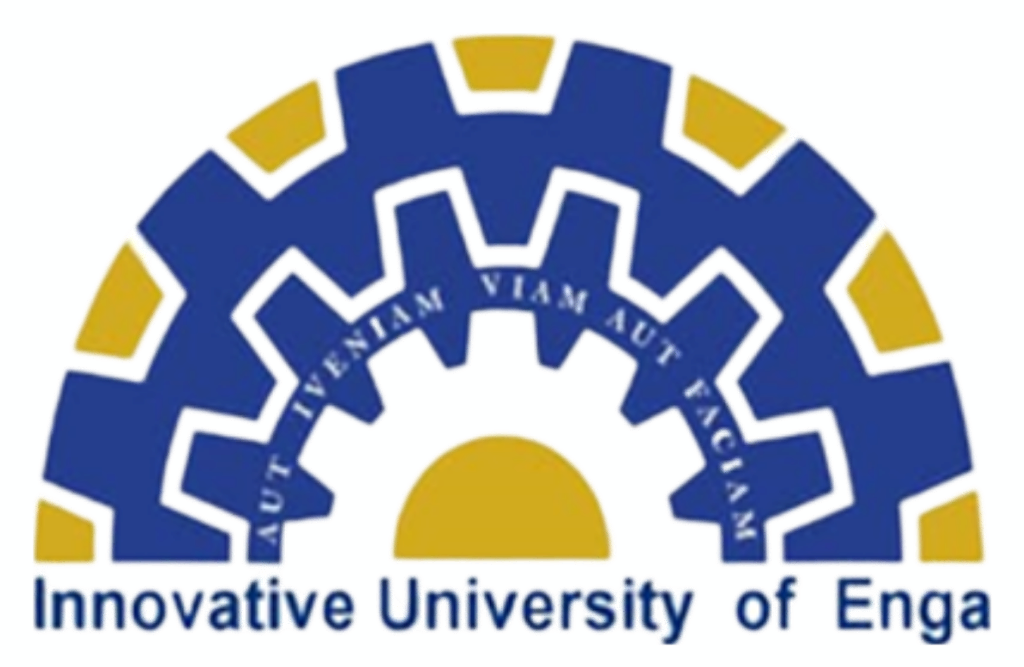Social and Emotional Learning (SEL): The strand may emphasize the importance of social and emotional development in students. Educators learn how to create a classroom environment that fosters social skills, empathy, self-awareness, and emotional resilience among their students.
Character Education: This strand may focus on instilling positive values and character traits in students. Educators are trained in methods to promote honesty, respect, responsibility, and other ethical values, which are essential for personal and social development.
Cultural Competence: Educators learn about the cultural diversity of their students and communities. They gain cultural competence and sensitivity to create an inclusive classroom where students from various backgrounds feel respected and valued.
Spiritual Development: The strand may explore the role of spirituality in education. Educators may learn how to address the spiritual needs of students while respecting their diverse beliefs and values. This could involve promoting values such as compassion, mindfulness, and inner peace.
Ethics and Morality: Educators in this strand may delve into ethical and moral dilemmas in education. They learn how to navigate situations that involve moral choices, ethics, and responsible decision-making, both in the classroom and within the school community.
Community Engagement: The strand may emphasize the importance of community engagement and service-learning. Students are encouraged to participate in community service projects that promote social responsibility and a sense of purpose.
Conflict Resolution: Conflict is a natural part of social interactions. Educators learn effective conflict resolution strategies that they can teach to their students, helping them develop essential life skills for resolving conflicts peacefully.
Leadership and Civic Engagement: The strand may foster leadership skills and civic engagement among educators and students alike. This can empower individuals to take an active role in their communities and promote positive change.
Mindfulness and Well-Being: Some programs may incorporate mindfulness and well-being practices. Educators may learn how to introduce mindfulness techniques and well-being exercises into their classrooms to help students manage stress and improve their mental and emotional health.
Religious Education (optional): Depending on the region and the institution's philosophy, the strand may offer optional courses in religious education. These courses would respect the diverse religious backgrounds of students and promote religious tolerance and understanding.
Research in Social and Spiritual Education: Educators may engage in research related to social and spiritual education, exploring best practices and assessing the impact of social and spiritual initiatives on student well-being and academic success.
The Social and Spiritual Strand at Enga Teachers College aims to produce educators who are not only academically proficient but also well-versed in fostering the social and spiritual development of their students. It recognizes that education is not solely about academic achievement but also about nurturing the holistic growth and well-being of individuals within a supportive and inclusive learning environment. This strand equips educators with the skills to create classrooms that promote empathy, ethical behavior, and a sense of purpose, ultimately contributing to the positive development of students and their communities.

For our Children
Innovative University of Enga - Dept. of Education - Primary Teaching
80 Wabag
Phone: 547 1056
Mobile:
Email: info@engatc.ac.pg | info@iue.ac.pg | admission@iue.ac.pg